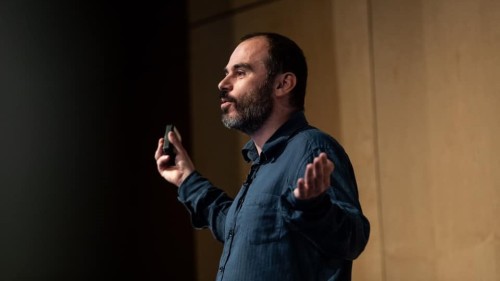#wittgenstein
Wittgenstein Ph.D., Episode #9
(p.s: never put simply ‘whitehead’ into google image search :{ )
Post link
“For both Rowland Hutt and Fania Pascal, listening to [Wittgenstein’s] confession was an uncomfortable experience. In Hutt’s case, the discomfort was simply embarrassment at having to sit in a Lyons cafe while opposite him sat Wittgenstein reciting his sins in a loud and clear voice. Fania Pascal, on the other hand, was exasperated by the whole thing. Wittgenstein had phoned at an inconvenient moment to ask whether he could come and see her. When she asked if it was urgent she was told firmly that it was, and could not wait. ‘If ever a thing could wait,’ she thought, facing him across the table, ‘it is a confession of this kind and made in this manner.’ The stiff and remote way in which he delivered his confession made it impossible for her to react with sympathy. At one point she cried out: ‘What is it? You want to be perfect?’ ‘Of course I want to be perfect,’ he thundered.”
-Ray Monk - The Duty of Genius
Post link
A Very Short Fact: On this day in 1920, Austrian philosopher Alexius Meinong died. Meinong was known for his unique ontology, which claimed that everything that the universe contains everything that can be thought (even contradictions!) even if those things don’t exist, but merely “subsist.”
“Consider the proposition ‘the present king of France is wise’. This is perfectly meaningful, and because it is so it seems natural to ask whether it is true or false. And to this there seems an equally natural answer. There is no king of France at present; the subject term fails to refer to anything. Therefore, it seems that the proposition should be considered false. But there is a problem here, concerning how to demonstrate why it is false. This is because if in normal circumstances we say of something (call it ‘x’) that x is wise, the proposition ‘x is wise’ will be true if x is wise, and false if x is not wise. But what if there is no x? How can we say of something that does not exist that it either is or is not wise?
Initially Russell accepted a solution to this puzzle which had been proposed by the nineteenth‐century philosopher Alexius Meinong. This solution was to say that every expression with a referring or denoting function in a sentence does denote something, either an actually existing item, as with the table in ‘the table is brown’, or a ‘subsisting’ item, where by ‘subsistence’ is meant non‐actual existence – a kind of real but half or ‘courtesy’ existence. On this view, the universe contains everything that can be thought or talked about, including the present king of France; but only some of what the universe contains is actually existent. Accordingly the descriptive phrase ‘the present king of France’ does indeed denote, and what it denotes is a subsistent – that is a real but non‐actual – king of France.” — From ‘Wittgenstein: A Very Short Introduction’ by A.C. Grayling
[Pg. 23 — From ‘Wittgenstein: A Very Short Introduction’ by A.C. Grayling.]
Image via Wikimedia Commons.
Post link
“476. Children do not learn that books exist, that armchairs exist, etc.,etc. - they learn to fetch books, sit in armchairs, etc., etc.
Later, questions about the existence of things do of course arise, “Is there such a thing as a unicorn?” and so on. But such a question is possible only because as a rule no corresponding question presents itself. For how does one know how to set about satisfying oneself of the existence of unicorns? How did one learn the method for determining whether something exists or not?
- So one must know that the objects whose names one teaches a child by an ostensive definition exist.“ - Why must one know they do? Isn’t it enough that experience doesn’t later show the opposite? For why should the language-game rest on some kind of knowledge?
- Does a child believe that milk exists? Or does it know that milk exists? Does a cat know that a mouse exists?
- Are we to say that the knowledge that there are physical objects comes very early or very late?”
Ludwig Wittgenstein, in "On Certainty”
Aries:“Hell isn’t other people. Hell is yourself.“ - Ludwig Wittgenstein
Taurus:“Let heaven exist, though my own place be in hell.” - Jorge Luis Borges
Gemini: “The mind is its own place, and in itself can make a heaven of hell, a hell of heaven..” - John Milton
Cancer:“What is hell? I maintain that it is the suffering of being unable to love.” - Fyodor Dostoyevsky
Leo: “I am still blazing in my golden hell.” - Sylvia Plath
Virgo: “There is some wisdom in taking a gloomy view, in looking upon the world as a kind of Hell, and in confining one’s efforts to securing a little room that shall not be exposed to the fire.” - Arthur Schopenhauer
Libra: “I believe I am in Hell, therefore I am.” - Arthur Rimbaud
Sagittarius: “And the hell is not the torture of pain! It is the torture of a joy.” - Clarice Lispector
Scorpio: “Hell is—other people!” - Jean-Paul Sartre
Capricorn:“Each of us bears his own Hell.” -Virgil
Aquarius: “Life to them was a rat’s hell—they could flee it only with each other.” - Julia Kristeva
Pisces:“Hell has enlarged its soul and opened its mouth without any limits.” - James Joyce
A Life in Philosophy - With Constantine Sandis
It is with great pleasure that we bring to you our interview with illustrious philosopher Constantine Sandis. Constantine is a professor at the University of Hertfordshire. He has produced numerous publications spanning various topics across the philosophy of action and ethics. He even has a Wikipedia page.
We took the opportunity to probe the person inside the academic whilst also being sure to ask him what it’s like to be a real philosopher.
Read more here.
Post link
Wittgenstein. A very short introduction A. C. Grayling Oxford University Press, 2001 (1988) Finca la Maroma (Málaga), 13 de septiembre de 2015


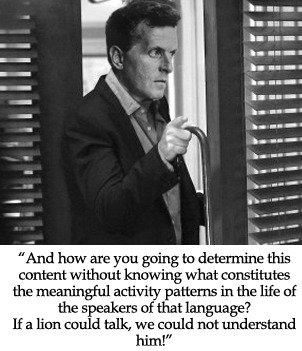
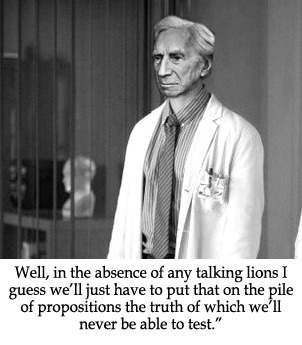



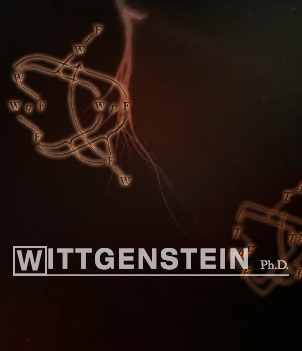


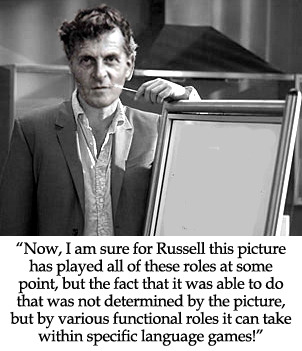
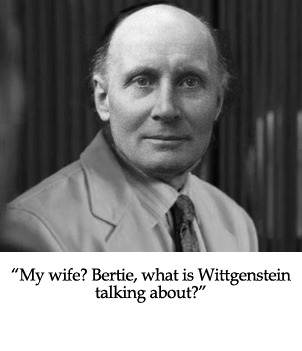
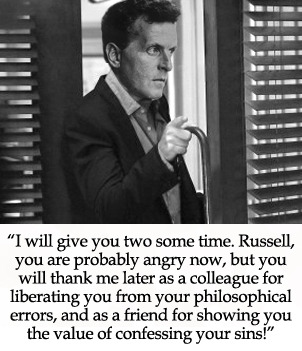
![“For both Rowland Hutt and Fania Pascal, listening to [Wittgenstein’s] confession was an “For both Rowland Hutt and Fania Pascal, listening to [Wittgenstein’s] confession was an](https://64.media.tumblr.com/fec0b88a7b9ad717cd88f667a16d71ee/tumblr_mst0p6B7sT1qcu0j0o1_500.jpg)


